While John and I work to create our version of The Ideal Life here - far removed from the crowds - I’ve been watching a dystopia unfold online. I don’t always pay so close attention to current events. Watching a train wreck seems pointless when all you can do is get out of the way. The train wreck in this case, though, is massive and phenomenal to witness and I can’t help but watch in gaping awe.
I wonder at the hubris that fills the men who sit in the seats of authority, opposing the wishes of the majority of the world as they plead for peace. For mercy. A respite from the bloodletting. I wonder how these men sleep at night - upside down, hanging by their toes from a rafter, I would guess. They truly do seem inhuman, filled with a never ending lust for blood.
At times like this - when justice is plainly upside down - I tend to double-down on my isolationist tendencies. All the things that bother me on a regular basis seem magnified as my philosophical leanings go into overdrive and I zero in on how we, as a people, arrived at this place.
The Bigger Picture
Let me just say from the onset that something isn’t right here.
The media, including YouTube, whose policy for the past many years has been to shut down any narrative that runs counter to “official policy”, is now awash with supporters of Palestine. You have to ask, Why are the same media outlets that wouldn’t allow a peep of dissention regarding Covid suddenly allowing “free speech” regarding this volatile issue? Did they suddenly develop a conscience?
That’s doubtful.
Although I absolutely support Palestine’s right to self-determination and their right to live freely, unmolested by their neighbor, the fact that million-man Pro-Palestinian marches are being televised gives me pause.
The Revolution will not be televised.
Basically, I’m highly suspicious of any agenda that gets a lot of news coverage.
Truth doesn’t get news coverage, it gets censored. And censorship doesn’t look like disagreement, it looks like silence. The absence of a presence. People who get censored don’t get to come on television and talk about how they’re being censored. That’s the opposite of being censored.
When someone is “censored” and yet still very visible, odds are they are controlled opposition. They are the “Pepsi” brand you’re meant to chose now that you’ve rejected “Coke”.
Be wary of controlled opposition who seem to be for the other side but, invariably, lead you to the same destination.
I feel fairly certain that whatever the end result of this middle eastern conflict, it will benefit those in power and was planned long ago. What we’re witnessing (and some are participating in) is the reaction of an orchestrated problem that will lead to the elites’ preferred solution.
But that doesn’t change what I’m about to say.
Is It Just Washington?
It seems the powerful men in our capital (and those with veto power at the UN), have lost sight of what it means to be human - to have empathy and an awareness of their own fragility. Their bloated egos will not allow them to admit limitations or to show compassion. They’ve become drunk on the fantasy that is American Exceptionalism.
While I’d like to think that these men (and women) in office do not represent our society at large, I’m not sure that’s entirely true. I wonder how much of the blame could be spread around if we each looked honestly at our own lifestyles.
While our government’s actions are certainly divorced from the will of the people when it comes to taxation, “immigration”, or sending funds overseas, I believe the attitude of personal hubris that emanates from Washington is more pervasive and widespread. Pride, I fear, has saturated every pore of our national body.
And we all know what follows pride.
The Micro Within the Macro
“Level the place. Wipe them off the map”, says Lindsey Graham, as if he’s playing a video game.
Graham sounds like Bush at Ground Zero the Friday following 9-11 when he claimed, “Our responsibility to history is already clear: to answer these attacks and rid the world of evil.”
Rid the world of evil? Indeed.
And, as if we are the sole arbiters of all that is good and just, he continued, “You’re either with us or against us.”
His sentiment from over 20 years ago still echoes through the mainstream media. Individuals repeat the mantra, so enmeshed with their “tribe” that they cannot think for themselves.
Tribal thinking is lazy thinking. In effect, it means not thinking at all but sticking with the herd, right or wrong.
This mob mentality is predicated on viewing other beings as mere caricatures - as numbers on a survey or emoji faces. Dehumanizing others doesn’t start at the government level; it begins when we refuse to see beyond our own selfish desires.
Our government’s lack of respect for other cultures reflects the lack of respect I see people display towards one another every day in America.
Most of the time, I don’t even think they realize they’re doing it.
Why Manners Matter
I’m not under any illusion that our country has ever been perfect, nor perfectly just, but we did once have standards about which we were unified. Maybe it was because there were fewer of us; maybe it was because we tended to share common religious values; maybe it was just because we had more self respect.
What happened?
Whether it was our fear of God or our fear of being socially ostracized that kept us in check, societal expectations existed beyond which certain behaviors were considered “rude”. Once upon a time, not being rude mattered.
While I’m certainly not equating being rude with genocide, I do believe the worst of human atrocities begins with rudeness.
Bear with me.
When you’re rude to someone you’re demonstrating that you somehow view them as “less than” yourself. You may not consciously think this, but your actions speak volumes: Their time isn’t as important as yours; their opinion isn’t as valid as yours - take this to it’s logical conclusion and “their life isn’t as valuable as yours” either.
That’s where we are today.
Watching this play out in real time, it’s happening at such scale that most of us feel helpless to do anything.
But I think we can do something, if only to examine our own behavior and ask ourselves whether we are treating others how we want to be treated - whether we are truly seeing others as human beings, all equal in the eyes of God.
That’s a start.
My #1 Pet Peeve
While I try to remind myself of this very thing - that other people have value - I still don’t like being around most of them. I prefer to love humanity “from afar”.
Being Autistic, I’ve always struggled with social interaction. I’m not comfortable in groups; I become easily exhausted when I’m in an environment I find to be overstimulating, and I feel genuine dread about impending social occasions.
You’d never know any of this to meet me in person, as I silently suffer these encounters behind a carefully crafted mask of decorum and formality.
Over time, though, I’ve come to realize that much of my attitude toward socializing may have been learned as a result of years of experiences that look something like this:
The video is relatable because it’s true and I’m guessing you’ve been there as well. We all have.
While these energy vampires frustrate me to no end, I also get frustrated with myself for not knowing what to do in these situations. Typically, I just remain silent, seething inside and vowing to never put myself in a room with them again.
While that’s not the best response, it’s the best I have right now. I’m open to suggestions….
To me, a conversation hog is particularly egregious because when they don’t allow you - your opinions, your thoughts, your observations - to become part of the conversation, they are sending the message that your thoughts are not needed, appreciated or even wanted. You’re meant to serve as an audience - an ego boost - to their self-absorption.
Meanwhile, my personal pet peeve may not be yours. For you, maybe getting cut off in traffic infuriates you or being stood-up for an appointment. No matter the flavor, all of these behaviors share a thread - Disrespect - and they’re all too common in our society.
Gracious Manners
Like I mentioned, I feel ill at ease in social situations and I always have, although I was taught good manners from a young age.
I grew up in the South, which is an etiquette minefield. There, if you don’t understand the unspoken rules of decorum, your life choices are limited.
When I was 30, in an effort to broaden my horizons, I enrolled in Charm School.
Seriously.
It was a heavy investment for me at the time but, I thought, “Finally, I’ll have hold of the playbook that others have been keeping from me all these years. I’ll know the secret handshake.”
Of course, I had no idea back then that I was autistic and that my autism was at the root of me feeling a bit odd. Thus, no matter how many social graces I mastered, I would always remain the outsider.
Nevertheless, I learned to walk with graceful posture and sit properly; I learned how to get in and out of a car modestly while wearing a skirt; I practiced proper diction and how to lay a place setting… all that crap.
And here I am. Still me.
While all of those skills have been handy to know and use, the important take away is very simple: Proper etiquette is a way to ensure others around you are comfortable.
That’s it.
In fact, for those of us who suffer with social anxiety this axiom can be very helpful. The more you focus on the comfort of others, the less you focus on your own discomfort and the less anxious you feel.
This scene sums it up nicely:
Treating others with respect doesn’t require charm school lessons and it doesn’t have anything to do with which fork to use. It starts with a genuine desire to see another person as valuable - equally valuable - as oneself.
What does that look like?
Communication
In order to treat one another well, we must be able to communicate well. The words we use are just as important as the manner in which we say them.
Communication has one purpose: to get an idea that’s in one head into another head with as little distortion as possible.
Because you’re reading this blog, I have to believe that words hold some importance for you, too. Words form the basis of our communication and, without them, society reverts to hand gestures and posturing - a sad game of charades.
Words, sentence structure and even the dreaded punctuation are all necessary parts of sharing ideas. Without these tools and the ability to use them, we won’t understand each other, which leads to confusion at best and, at worst, dehumanization.
Purposeful Miscommunication
When we don’t understand someone, we often assume it’s an innocent mistake. But let’s not forget those people who add, change or omit words for their own benefit. Their goal in communicating is not to share ideas but to manipulate others and gain advantage. Usually, these conversations leave you feeling confused.
They’re meant to.
If you’re confused enough or frustrated enough, you’ll probably stop asking questions, which is the goal.
Over the past few years, we’ve watched words get redefined at an ever increasing rate - words like Pandemic, Woman, They/Them, Self-Defense, Terrorist/Freedom Fighter… the list of terms redefined grows daily and with it, our confusion.
Manipulative communication always has at its root a lack of respect for others and it’s always about control.
Having your requests for clarity met with distain or disregarded is a good sign you’re dealing with a manipulator.
If you’re not sure what this looks like, watch any White House Press Conference.
Language
If that wasn’t enough, respect for language itself has degraded to the point that basic tools such as punctuation and grammar are now considered by some to be elitist.
This trend in itself is manipulative and has resulted in generations of people who are unable to put their thoughts and emotions into words. Bottled up emotions and ideas create resentment and frustration.
What do frustrated people do when they don’t feel heard? Nothing good.
Aren’t we seeing evidence of that frustration in our society today in the form of violence? Thefts? Resignation?
Words truly are power; those who cannot wield their words into action become powerless.
When we fail to see the value of a thing we’ve taken for granted all our lives, we disregard the foundational building blocks on which our lifestyle depends. When generations of people lose the ability to express themselves, they become more vulnerable and easier to exploit.
The degradation of our language has happened over generations and it’s time to turn the tide.
If you’ve fallen for the lies that punctuation doesn’t matter and that grammar is elitist, think again. These tools are meant to serve you, not enslave you. In fact, without these tools, you’re easier to enslave.
The Forest and The Trees
When we lose the power and ability to describe our feelings and thoughts as individuals, the shortcut is to associate ourselves with the group who most closely aligns with our values.
Likewise, if we feel we aren’t being heard as an individual, we might look for a group to amplify our voice.
A thousand voices shouting in the wilderness is louder than one, after all.
While groups are rarely an exact match to our personal values, they’re more than eager to speak for us. The larger the group, the more influential it’s leaders become.
As people seek to find the group with whom they most identify - “their tribe” - any views they held separate from that group slowly erode, like rough stones in a river, as they assimilate. Consequently, the more these individuals identify with their tribe, the less real they see individuals in rival tribes.
Again, here comes that dehumanization.
Sacrificing Accuracy for Speed
While there’s no shortage of tribes to chose from these days, there are very few individuals willing to think for themselves. It just takes too damn long and we can’t be bothered.
We’re taught that we should be able to describe ourselves with the brevity of an elevator pitch. (An elevator pitch, for those lucky few who might not be familiar with the term, is when you describe something to your captive audience in the time it takes them to travel a couple floors on an elevator - before they can escape your presence).
“What’s your brand?” people want to know. “Who are you voting for?” “Where’s your BLM COVID Ukraine Israel lapel pin?
It’s quicker to say, “I’m for that guy”, than to describe your own complex views on individual topics - and who would take the time to listen anyway?
Americans are too busy getting ahead.
We want what we want when we want it and, if we don’t have it, we’ll take it from someone who does - at least on a governmental level.
Yet, on an individual level, are we much different?
While we’re probably not taking from our neighbors, don’t we steal from our future to finance our present?
In America, we’re taught to look at the short term - the monthly payment - instead of the total cost. Our bankers ask, “How much of a payment can you afford?” instead of focusing on the bottom-line. The Buy Now, Pay Later lifestyle is entrenched. It’s faster, it’s excessive and it’s short-sighted.
And, yet, we’re surprised when our government has debt in the trillions, ignores its responsibilities at home, and pays too much for everything it does?
Perhaps our government reflects We, The People, more than we’d like to admit.
Connecting the Dots
So what does going fast, increasing debt, devaluing manners, and obliterating punctuation have to do with each other? Am I just rambling?
Again, bear with me.
The pervasive attitude in America is one of disrespect and we demonstrate that attitude in a plethora of ways. Sure, not everyone is like this, but when someone is polite or kind they stand out because they are such a rare gem among the rubble.
As citizens, we fume at the trillions in debt our government is burying us under, and yet we do the same damage to ourselves on a smaller scale. We watch our military roll over other nations’ sovereignty, yet we roll over other individuals’ sovereignty when we treat them as less than ourselves. Most Americans move through life so quickly that they barely notice when they do offend someone, and then don’t even care.
We’re not careful. We’re not thoughtful. We’re not considerate - as a nation and as individuals. The collective American Dream has become, “What can I get for me?”
I think we’re all about to get a wake up call.
Lessons from History
I mentioned earlier that I was raised in the South - a region steeped in etiquette and tradition. The traditions of the South were born as a result of the Civil War, which occurred 1861-1865.
Although manners in the South at the time were much the same as the rest of the western world, the South hung onto their manners longer and with more gusto as a matter of regional survival.
After the Civil War (aka The War of Northern Aggression), Union troops were stationed throughout the South as part of the Reconstruction Era, thus the South was an occupied territory 1865-1877. In fact, the South is the only region in the US to have the dubious honor of having been an occupied territory.
Being an occupied territory does something to a people, psychologically. Stripped of all else - economically, territorially, physically - those same victimized people hang onto whatever semblance of their identity they have left. In the case of the South, the remnant left them was their manners.
In a very real way, clinging to manners provided a certain continuity that saved them. Prioritizing manners preserved their self-respect and allowed them to extend hospitality to others, even when they had little to offer in the way of goods.
Their individual identities, too, were bolstered by being a part of something much larger than themselves - a genteel culture. Where once a person might have been known for having a certain occupation or landholding, postwar they often had nothing left. Identifying themselves as a “Southern Lady” or “Southern Gentleman” through their behavior assured that their self-respect remained intact and they could look ahead to better days.
Today and Tomorrow
So, what happens to America when we lose our wealth and position on the world stage? What internal richness do we hold, as a society, that will save us? What values do we hold, personally, that are not dependent on our career or social status?
I don’t see evidence that we’re well positioned, psychologically, to handle the kind of fall that’s coming.
I worry for what we will become, as a nation, having so few bonds to unite us. I worry what individuals, now so closely enmeshed with their tribe, will become when that tribe dissolves.
I worry so much that I live very, very far away from others, on purpose, because I realize how unstable most people are, under the surface.
I mean, we don’t even know how to listen to each other anymore. Beyond that, what’s left to save?
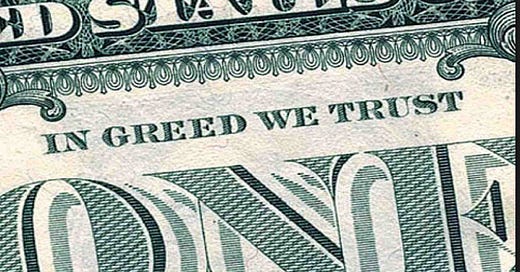



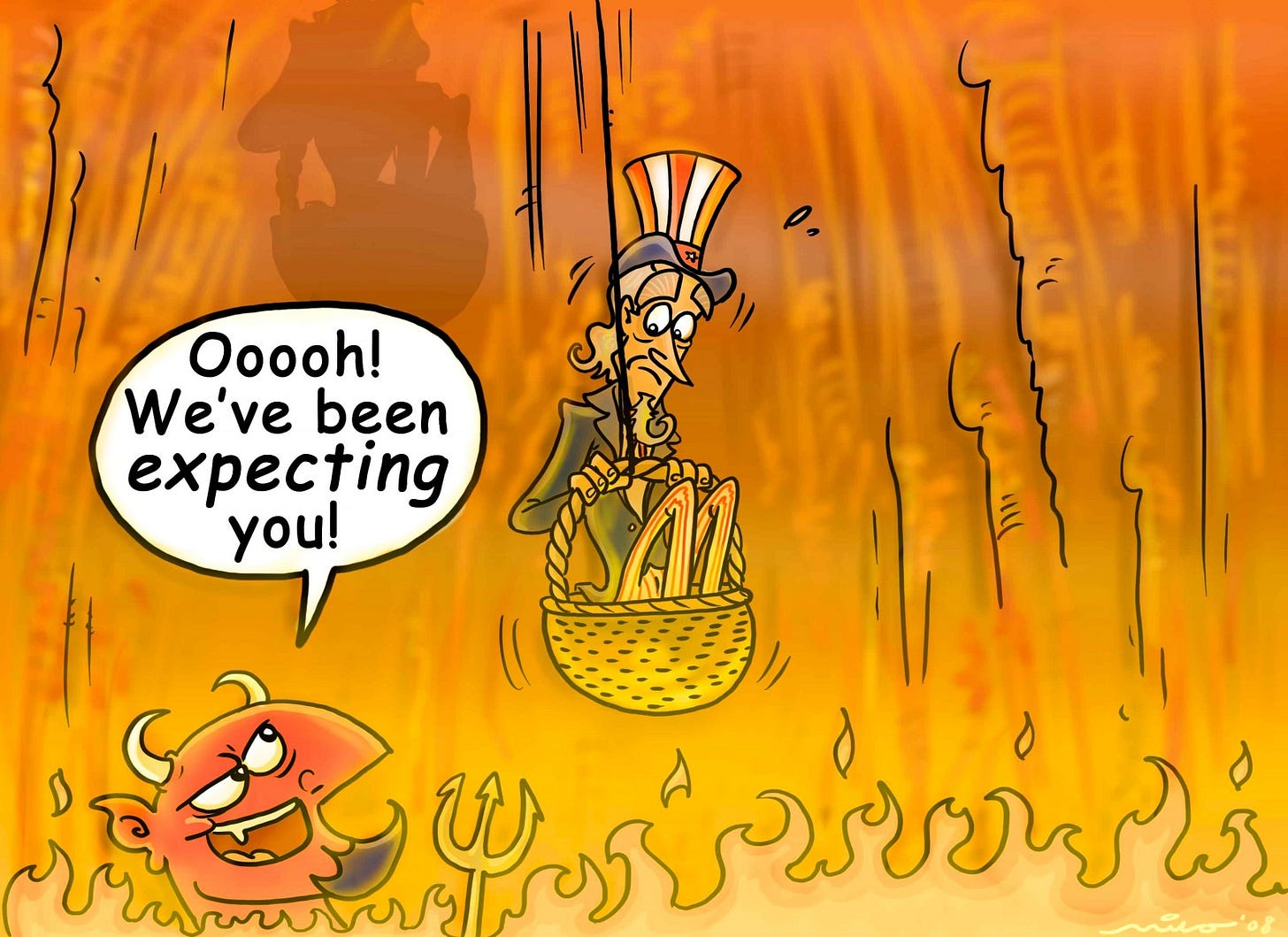



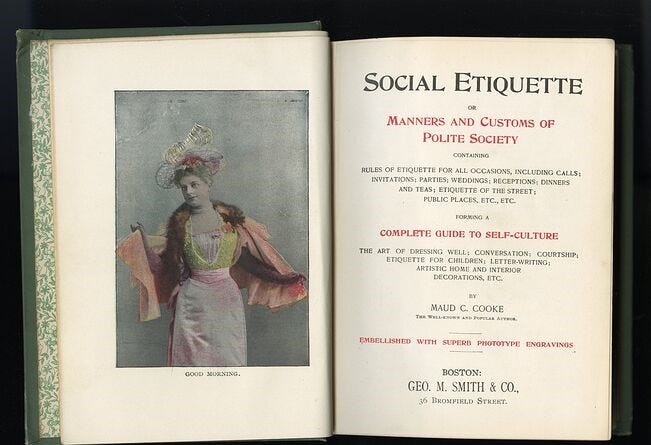



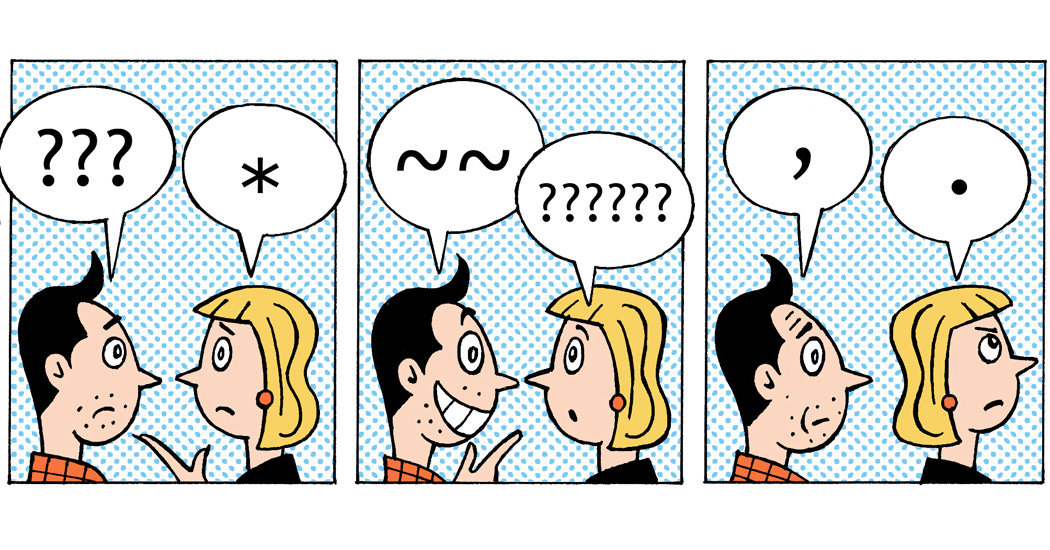
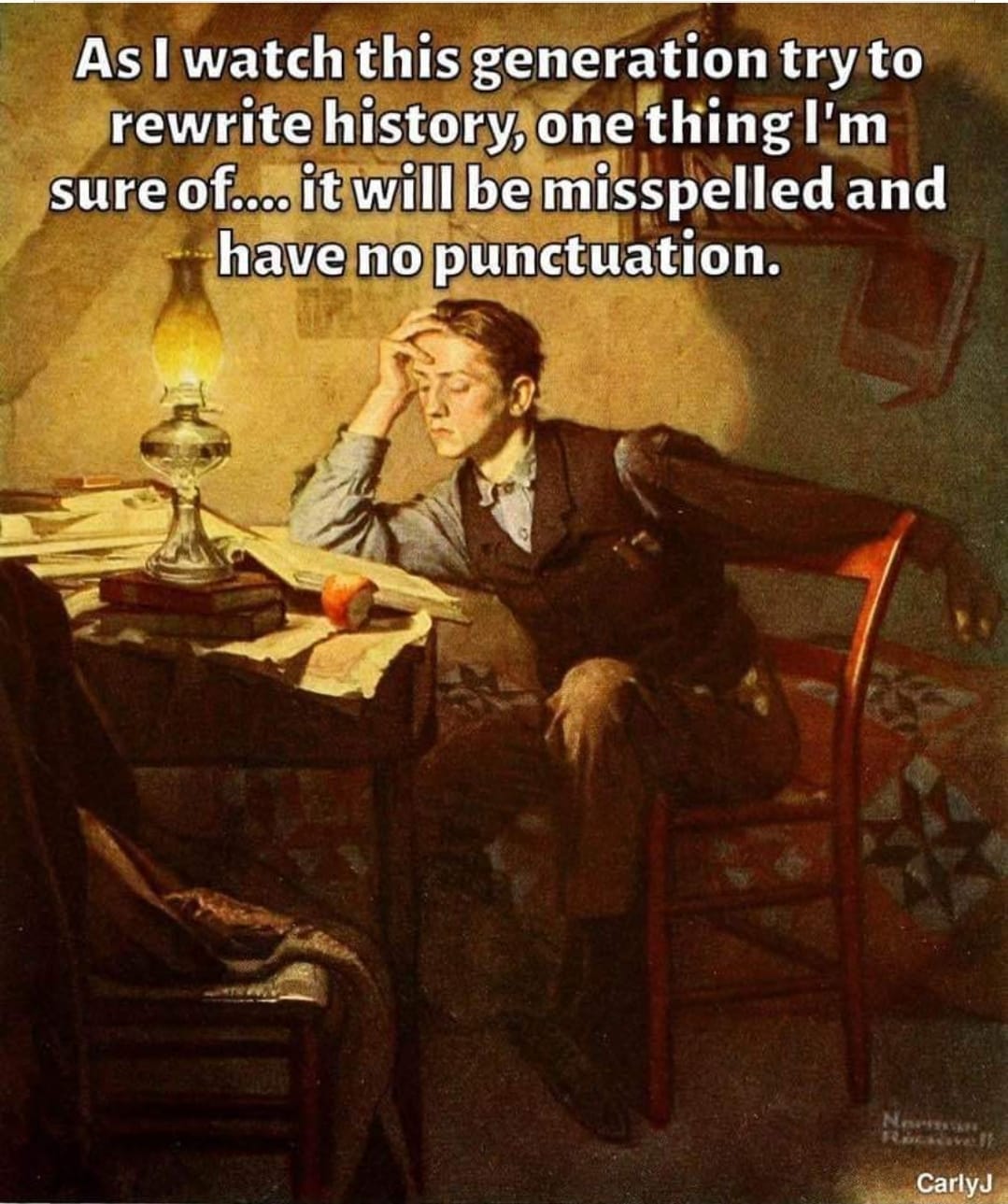
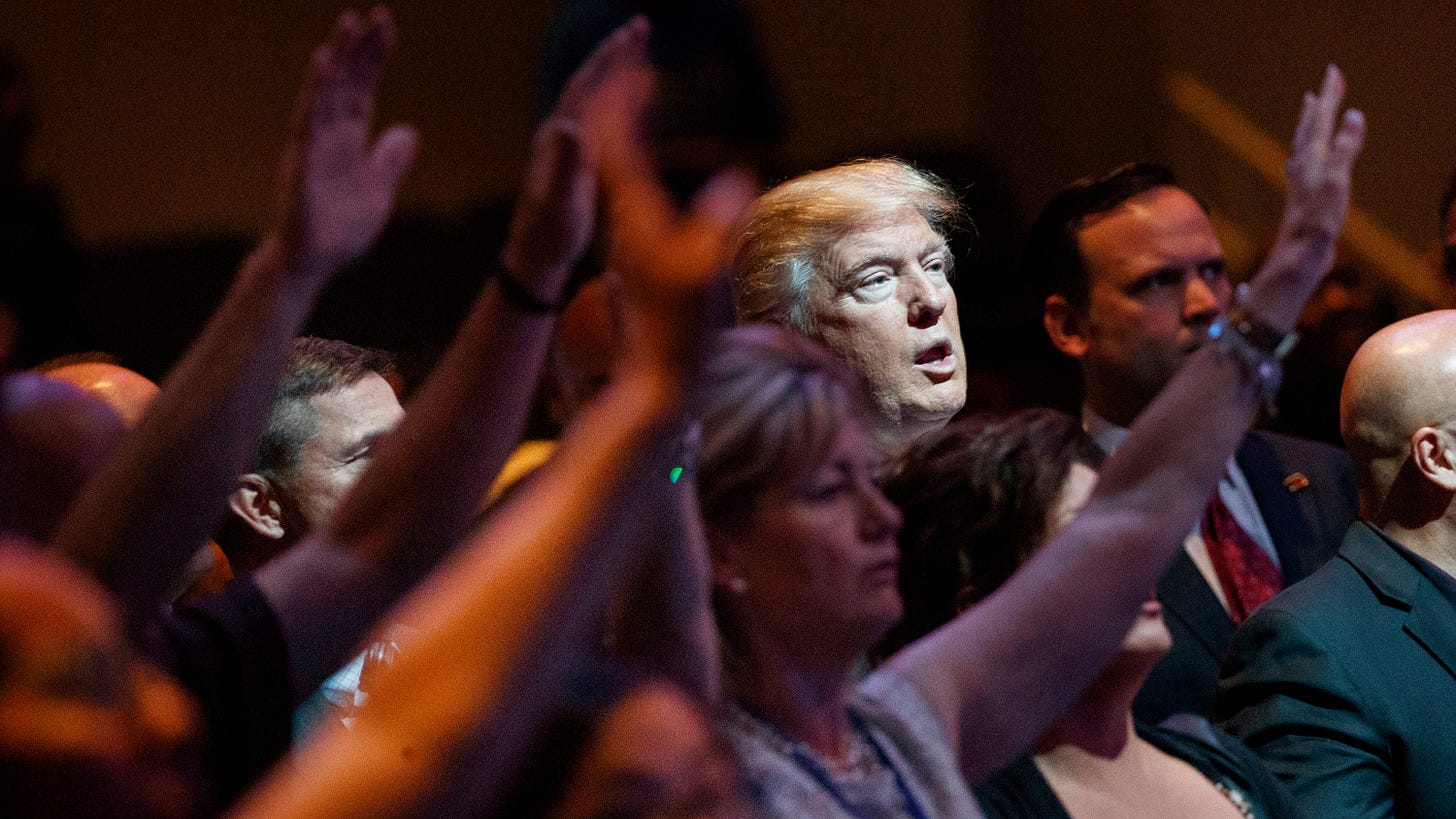

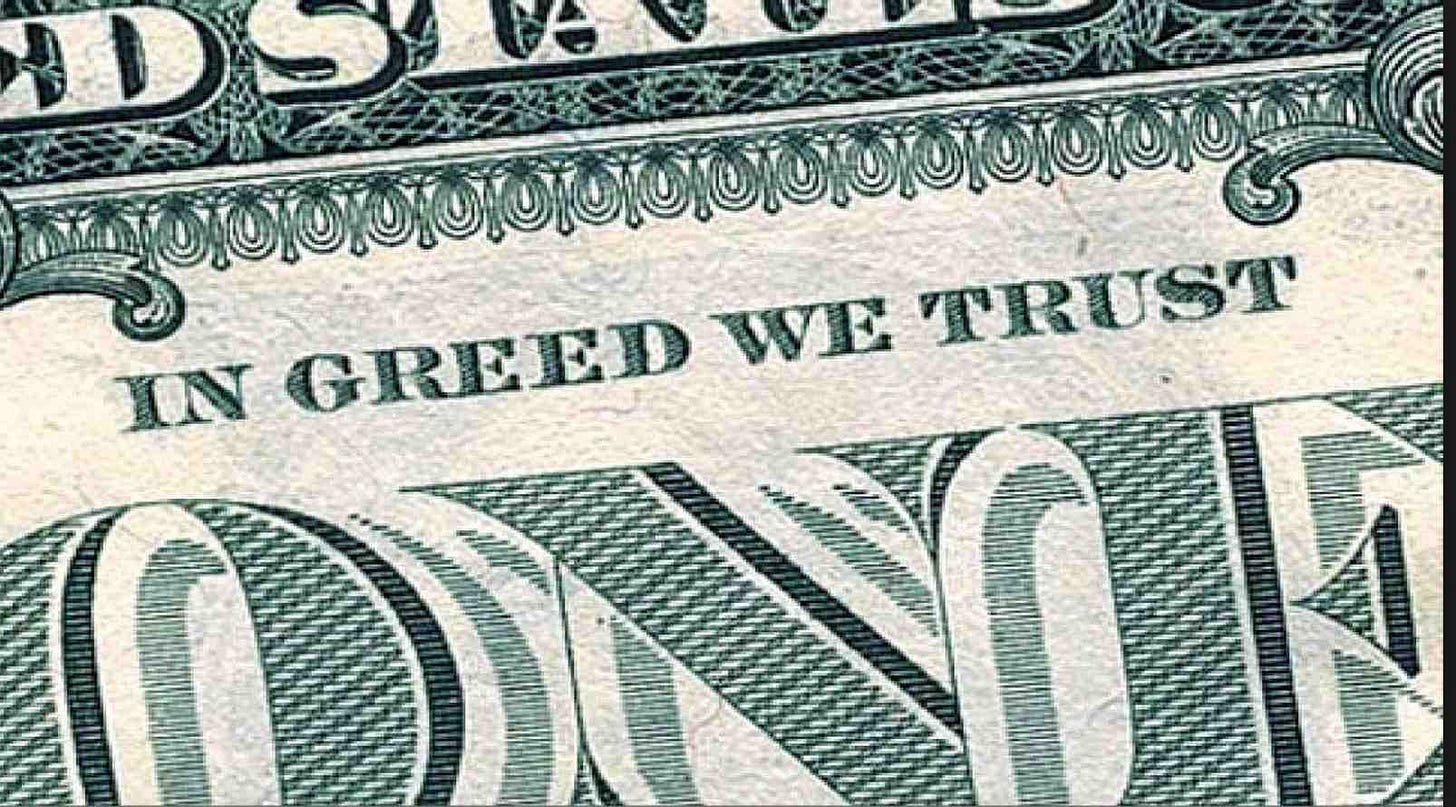
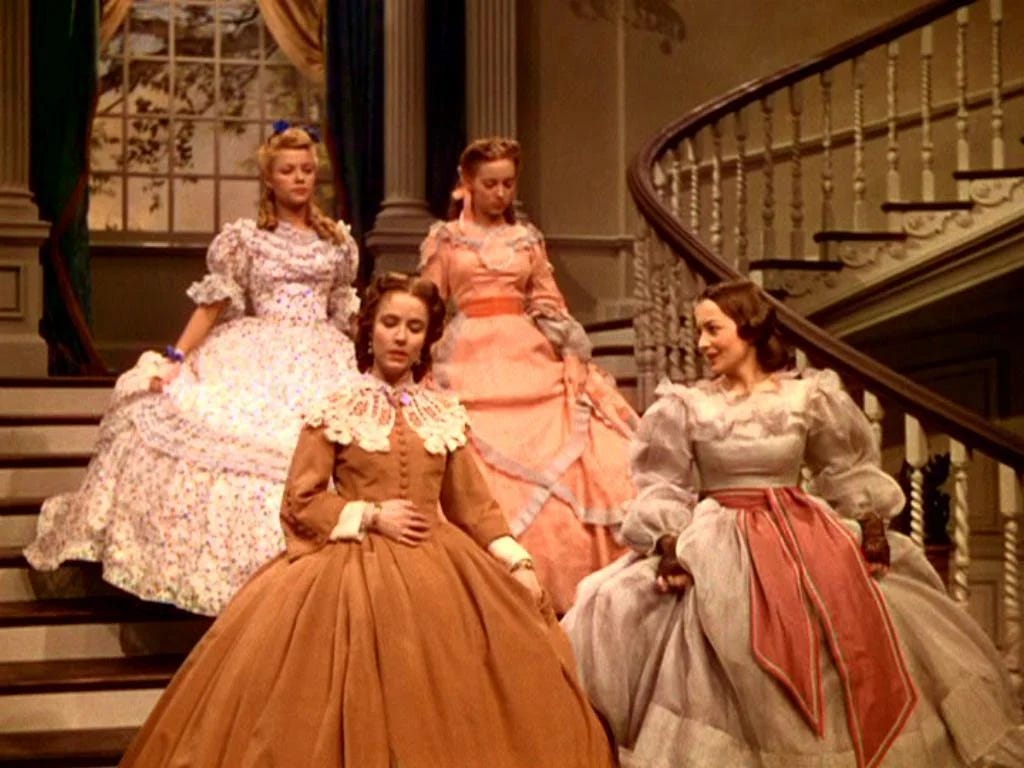

Wow! U covered a LOT of ground with this note! It was very interesting. I hadn’t given much thought to manners and common courtesy being at the root of so many issues today - but it makes perfect sense! I believe that we are indeed headed to the precipice and major course correction. We simply cannot continue down the current path without total annihilation. I am so glad to be retired and living on our 80 acre homestead - far from the maddening crowds and soul-sucking job. My focus now is on doing whatever God calls me to do to assist in the great ‘awakening’ that has to happen, while enjoying all that He has provided for me on this homestead. I observe what’s happening out there - but try not to get sucked into the vortex. I let the chaos swirl around me and know that in the end - God wins - and ‘all is well’. Thank u for such a thoughtful and thought-provoking article. God Bless u on your journey….
Keep Jesus in your heart